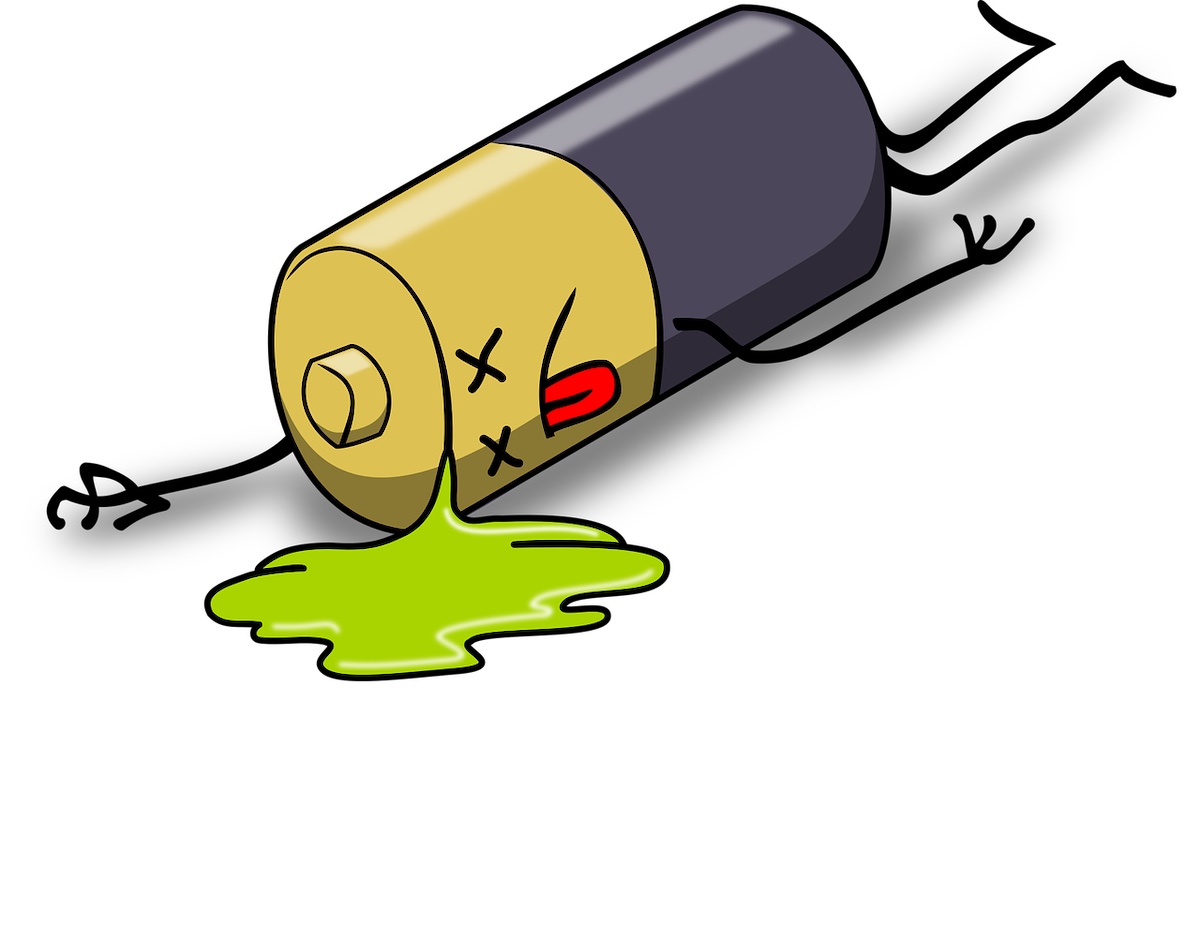
Batteries are found everywhere in modern society, which means old, used batteries are discarded at an increasing rate. While alkaline batteries are often thrown away without a second thought, rechargeable batteries like lithium-ion or lead-acid batteries must be treated differently. Recycling batteries can, directly or otherwise, promote better environmental health and allow valuable materials to be reclaimed and reused.
Be Careful About What You Throw Away
If not recycled, batteries typically end up in landfills or incinerators. The problem is what’s released from the batteries disposed of this way: corrosive chemicals and toxic heavy metals that are dangerous to the environment. This is especially true of lead-acid batteries and older alkaline batteries that contain mercury. Additionally, while this is rare during regular usage, lithium-ion batteries can fail catastrophically and explode if damaged, presenting a safety hazard for workers handling disposal.
Recycling Batteries
Since batteries that are thrown away either take up space in a landfill or leak harmful substances into the environment, the more effective way to dispose of them is at a recycling plant. Batteries can be disassembled into component materials via mechanical separation and, depending on the type of battery, melting of metals or treatment of acids and electrolytes. The metals, ceramics, and chemicals enter separate recycling “streams” to be reused in future electronics, including new batteries. This also contains emissions of harmful byproducts that would be released in disposal or incineration.
What Batteries Are Recyclable?
All batteries, whether disposable or rechargeable, can potentially be recycled, some more easily than others. Lead acid batteries, in particular, have the most efficient recycling processes today, approaching a fully closed loop in manufacturing. However, lithium-ion batteries are not often recycled because many companies deem it complex and costly for little gain. Efforts are ongoing to encourage and improve Li-ion recycling, though.
3 Simple Yet Essential Reasons to Use a Certified Electronics Recycling Service
Why Recycling Batteries is Vital
Apart from mitigating e-waste and the introduction of heavy metals into water and soil, the materials reclaimed from recycled batteries reduce the demand for mining raw materials. The mining and processing of raw materials often create pollution of their own, and some crucial materials are becoming increasingly scarce in nature. Cobalt, in particular, is sharply increasing in demand even as deposits are depleted and the working conditions of miners grow worse. Lithium-ion batteries provide fully recyclable cobalt that can combat this decline.
Any business involved with manufacturing or the use of IT assets—increasingly common today—should turn to an electronics recycling company to effectively dispose of spent batteries. TechWaste Recycling is proud to be part of this initiative and to provide businesses with the tools to join as well.
TechWaste Recycling directly services all of Southern California and provides pickup services to its facilities from nationwide locations. Visit TechWaste Recycling’s website at www.techwasterecycling.com to schedule a pickup that works for your convenience and schedule or simply order on of our easy DIY battery recycling kits.
Learn more about TechWaste’s all in one DIY recycling kits here: Recycling Kit Services
Contact Info:
Richard Steffens
1940 E. Occidental street
Santa Ana, CA 92705
Phone: 866-637-8469

































